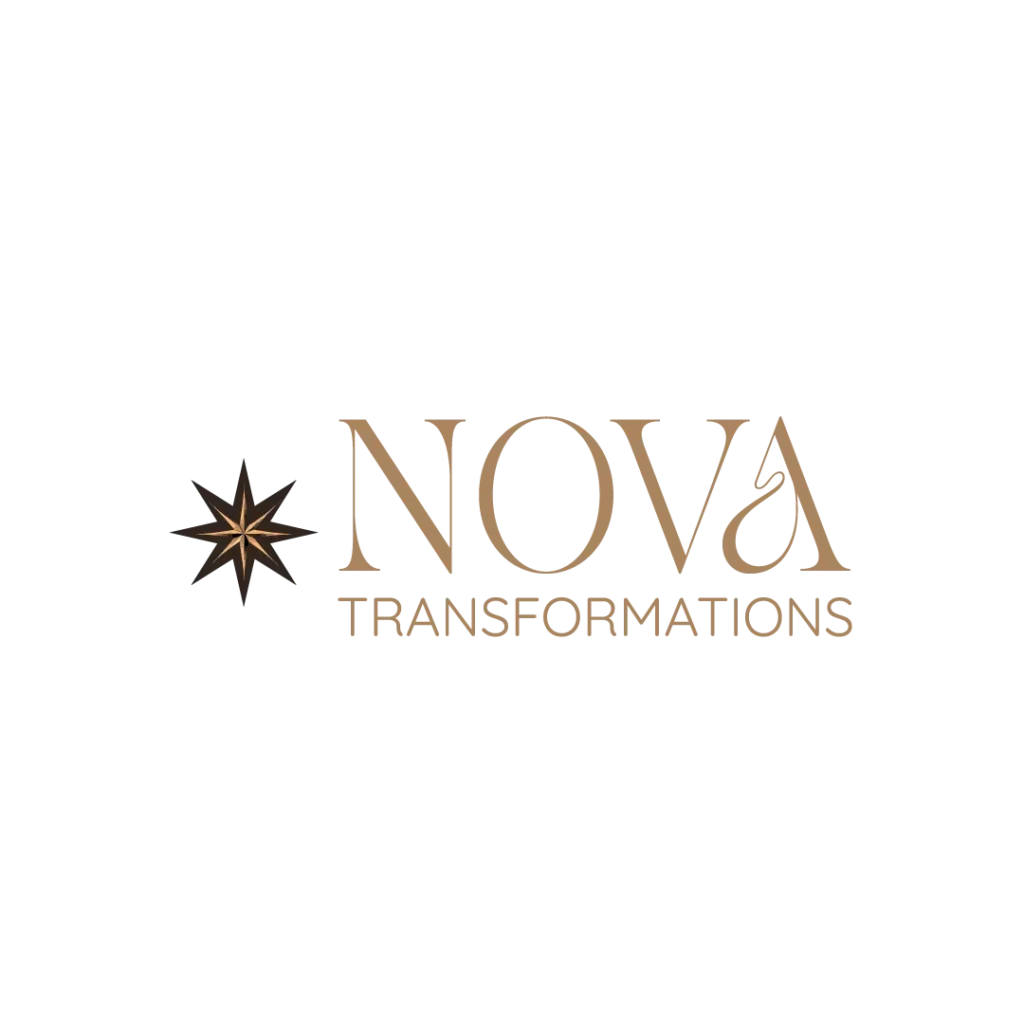What is dual diagnosis in substance use? You have probably heard the phrase dual diagnosis or co-occurring treatment. This refers to a type of treatment designed to help individuals with substance use and underlying mental health disorders at the same time. So if you or someone close to you is struggling with addiction, dual diagnosis in substance use treatment means treatment for your addiction as well as any other mental health issues you have.
What is Dual Diagnosis in substance use?
Dual diagnosis means an individual is diagnosed with two things, two interrelated things, or dual things. Mental health conditions and substance use have a cyclical relationship whereby one can often exacerbate or lead to the other and vice versa.
In some cases, people start with substance use, and that addiction causes changes to the brain, which results in the development of secondary mental health conditions like depression or anxiety.
In other cases, people start with depression, anxiety, bipolar disorder, PTSD, or other conditions, and to try and control or mask their symptoms, they turn to drugs and alcohol, which leads to an addiction.
No matter which came first, both conditions can make the other worse, and treatment for someone with a dual diagnosis has to tackle both conditions, or it will fail to change the entire problem and only change part of it.
What is Dual Diagnosis in substance use: Why It Matters
In order to understand the importance of dual diagnosis in substance use, you must understand the relationship between mental health and substance use.
Untreated mental health disorders can leave people with feelings of depression, isolation, or anxiety. These feelings might be temporarily relieved by drugs or alcohol, but once the drugs or alcohol have worn off, those same feelings come back, often much stronger.
For example:
John has social anxiety. So, to overcome his symptoms, he will drink whenever he is in public or socializing. This helps him to temporarily mask the feelings, but when he sobers up, John feels just as anxious as before. The alcohol does not actually help John, nor does it make the anxiety better. It is like a mental health band-aid.
Now consider this:
John has depression. So, to overcome his symptoms, he turns to drugs and alcohol. He takes drugs to help him feel “up” when he is down, and he drinks to try and quell the symptoms at home. However, the drinking only makes John feel worse and even more depressed. When his “uppers” wear off, he is also more depressed. His drugs and alcohol, in this case, made things worse.
In these examples, it is not uncommon for people like John to continue to use drugs or alcohol, thinking that they are “working” when they are not. Even if someone like John gets help for addiction or alcoholism, if the underlying social anxiety or depression is not treated, the symptoms will come back. Those symptoms make John more likely to relapse because he never learned how to control the symptoms with something other than drugs or alcohol.
Getting Help with Nova Transformations
With our dual diagnosis treatment in North Carolina, you can get help for both mental health disorders and substance use. Our treatment programs can tackle the unique challenges of this level of care, reducing the risk of relapse.
Group Therapy
One of the ways we do this is with group therapy. Group psychotherapy can provide safe spaces to overcome challenges and foster connection. When you are involved in group therapy sessions for recovery, they can help you build community, learn coping skills, and find healthy ways to deal with symptoms of a mental health disorder or substance use triggers.
Expressive Therapy
We also promote growth through innovative therapy, like psychodrama. Our psychodrama sessions give clients the chance to move through experiences that may have contributed to or worsened substance use or mental health disorders with role play. Art and music therapies provide other resources for processing feelings and thoughts in a way that encourages emotional release and personal insight.
Holistic Therapy
We also aim to improve the mind, body, and spirit concurrently with our dual diagnosis substance use treatment. This means mindfulness, breathwork, yoga, and nutrition groups that encourage you to turn your attention inward. Outwardly, we have weekend activities and outings that help you find joy in sobriety.
So, what is dual diagnosis in substance use? It is a chance to get treatment for both mental health disorders and substance use. We provide treatment programs at Nova Transformations that focus on addressing the relationship between the two so that you can enjoy sustainable recovery.
Call us at (704) 420-7686 or reach out via email at info@novatransformations.com to learn more.








